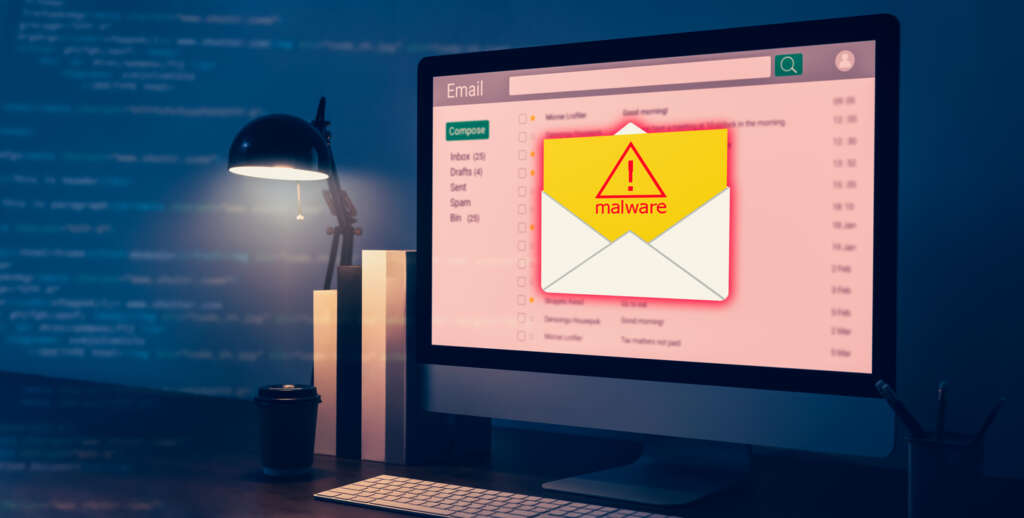By: Zaid Arshed, founder and CEO of Armaan Resales.
DropShipping is an ideal way for retirees to boost their pension pot, entrepreneurs to start a business and families to bring in a second income. Whilst it’s relatively easy to start selling online, there are things that new DropShippers should watch out for.
The Drop Shipping experts at Armaan Resales provide insight into what scams could impact DropShippers, and most importantly, what they can do to avoid them.
If It Sounds Too Good to Be True It Probably Is
All over the internet, there are claims that Drop Shippers could make millions in their first couple of months. It sounds amazing – too amazing.
Typically, these personalities offer courses to help Drop Shippers achieve these unrealistic results. While it may be tempting to sign up, it’s important to keep an ounce of scepticism before signing on the dotted line.
Instead of paying for Drop Shipping courses, fledgling Drop Shippers can find a wide range of free courses online. Additionally, online marketplaces like Amazon and Shopify offer plenty of guides, webinars and materials to help sellers along their journey to success.
Dodgy Wholesaler Scams
One of the steps to setting up a Drop Shipping business is choosing a wholesaler to supply, store and ship your products. There are thousands of global Drop Shipping suppliers. Here are a few things to consider:
Fake websites and reviews: These can be hard to spot if you’re unsure what to look for. Before choosing your supplier, do in-depth research into the website’s age. Look for websites that have been in existence longer than six months. Additionally, make sure there are valid, easily accessible contacts for the supplier. Test them by reaching out and making sure they communicate effectively, ensuring you don’t have contact issues in the future.
When it comes to customer reviews, always look to trustworthy review websites like Trust Pilot to ensure they are reliable and real.
Hidden fees: To ensure you don’t get swindled by hidden fees, ensure you ask about any upfront, monthly or annual fees when speaking with a supplier. Additionally, find out if they add on any fees for buying in bulk. If so, it’s best to avoid them.
Unclear or poor item quality: Product quality is paramount for Drop Shippers. It affects your brand reputation, credibility and trustworthiness with consumers. Before selecting your supplier, make sure you ask for product samples to verify the quality of products you’ll be purchasing from them.
Buyer Scams
DropShipping scams come from all directions, and those from customers can be severely detrimental to business. Essentially, buyer scams are fraudulent purchases that can impact your bottom line, and unfortunately, it is part and parcel of being an eCommerce merchant. Here are the two most common types of buyer scams to watch out for:
Identity theft: Online transactions are vulnerable to this type of fraud. Identity theft occurs when someone purchases using the credentials and payment details that aren’t theirs.
Fraudulent chargebacks: These are when customers have received a product but falsely claim they haven’t and issue a chargeback with their payment provider.
In either situation, you’re on the hook for the purchase, and it could impact your business’s profitability and reputation.
Spotting DropShipping scams can be challenging. The best rule of thumb is to double-check everything, do your research and ensure you’ve set yourself up for success long before receiving your first order. Seek out partners with established reputations and tread sensibly.
If it sounds too good to be true, it usually is!

